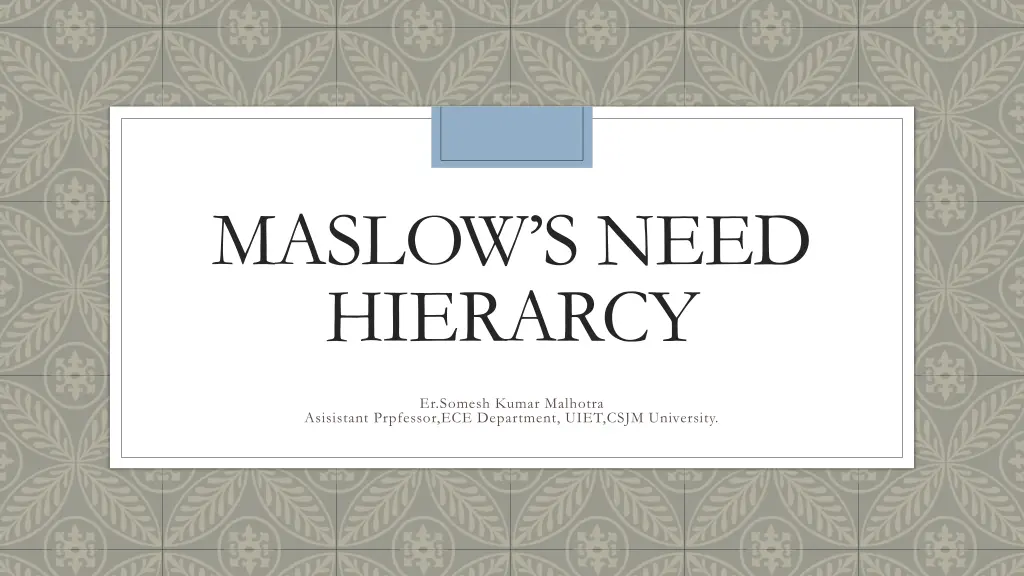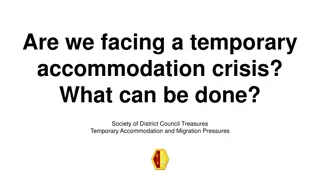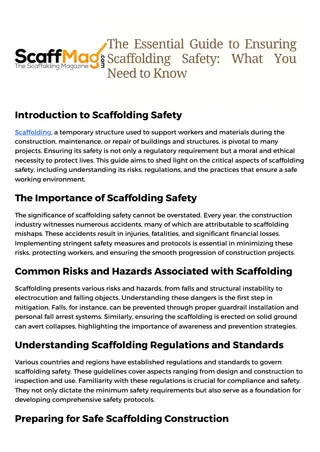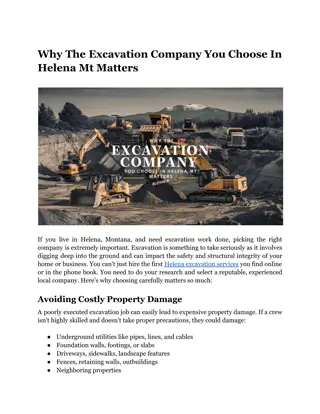
Understanding Maslow's Hierarchy of Needs for Human Behavior
Explore Maslow's Need Hierarchy theory, where basic physiological needs form the foundation, followed by safety, social, and esteem needs. Learn how the fulfillment of each level influences an individual's behavior and motivations in various aspects of life.
Download Presentation

Please find below an Image/Link to download the presentation.
The content on the website is provided AS IS for your information and personal use only. It may not be sold, licensed, or shared on other websites without obtaining consent from the author. If you encounter any issues during the download, it is possible that the publisher has removed the file from their server.
You are allowed to download the files provided on this website for personal or commercial use, subject to the condition that they are used lawfully. All files are the property of their respective owners.
The content on the website is provided AS IS for your information and personal use only. It may not be sold, licensed, or shared on other websites without obtaining consent from the author.
E N D
Presentation Transcript
MASLOWS NEED HIERARCY Er.Somesh Kumar Malhotra Asisistant Prpfessor,ECE Department, UIET,CSJM University.
Maslows need hierarchy The behaviour of an individual at a particular moment is usually determined by his strongest needs. Psychologist claim that need have a certain priority. The more basic needs are satisfied, an individual seeks to satisfy the higher needs.If his basic needs are not met, effort to satisfy the higher needs should be postponed. A.H. Maslow , a famous social scientist, has given a framework that helps to explain the strength of certain needs. According to him, there seems to be hierarchy into which human needs are arranged as shown in Fig.
Physiological needs The physiological needs are at the top of the hierarchy because they tend to have the highest strength until they are reasonably satisfied. Until these needs are satisfied to the degree needed for the efficient operation of the body, the majority of the person s activities will probably be at this level, and the other levels will provide him with little motivation . Human being first try to acquire necessities for their survival.
Safety Needs In hierarchy come the need for safety, that is need for being free of physical danger or self preservation. In industrial society, safety needs may take considerable importance in the context of the dependent relationship of employees to employers. As pointed out by Mcgregor, the safety needs may serve as motivator in such circumstances as arbitrary management action ,behaviour which arises uncertainty w.r.t. continued unemployment and unpredictable administration of policy. Peter F Ducker has suggested that one s attitude toward security is an important consideration in choosing job. Organisation can influence these security needs either positively- through pension plan, insurance plan, etc. or negatively by arousing fear of being fired or laid off, or demoted.
Social needs Since man is a social being, he has need to belong and to be accepted by various groups. When social needs become dominant, a person will strive for meaningful relations with others. If the opportunity for association with other people is reduced, men often take vigrous action against the obstacle in social intercourse. In the organisation, workers form informal group environment. Such environment develops where the work routine,tedious or over-simplified. This situation is made worse when worker are closely supervised and controlled,but no cear channel of communication with management. In this type of environment, worker depends on informal groups for support of unfulfilled social needs such as affiliation.
Esteem Needs Esteem needs are concerned with self respect, self confidence, a feeling of personal worth, feeling of being unique and recognition. Satisfaction of these needs produce feelings of self confidence, prestige, power and control. The satisfaction of esteem needs is not always obtained through mature or adaptive behaviour. It is sometime generated by disruptive and irresponsible actions.. Some of the social problems have their roots in the frustration of the esteem needs.
Self-actualisation needs Self actualisation is the need to maximise one s potential, whatever it may be. This is related with the development of intrinsic capabilities which lead people to seek situation that can utilise their potential. This includes competence which implies control over environmental factors, both physical and social, and achievement. A man with high intensity of achievement needs will be restless unless he can find fulfilment in doing what he is fit to do. As Maslow has put it, this needs might be phrased as desire to become more and more what one is, to become everything that one is capable of becoming.






















